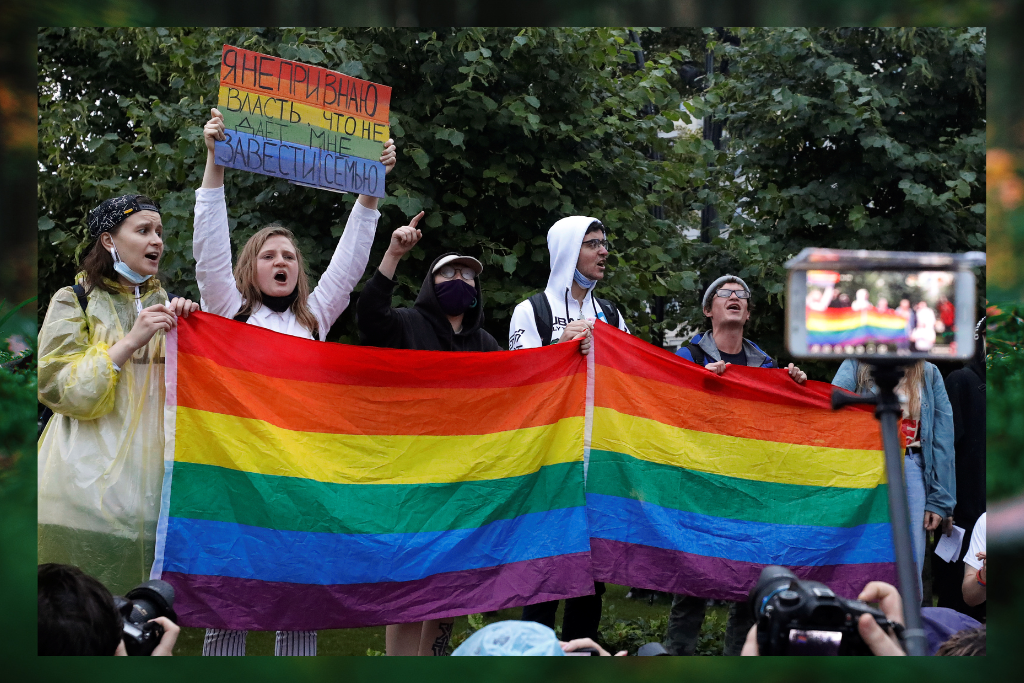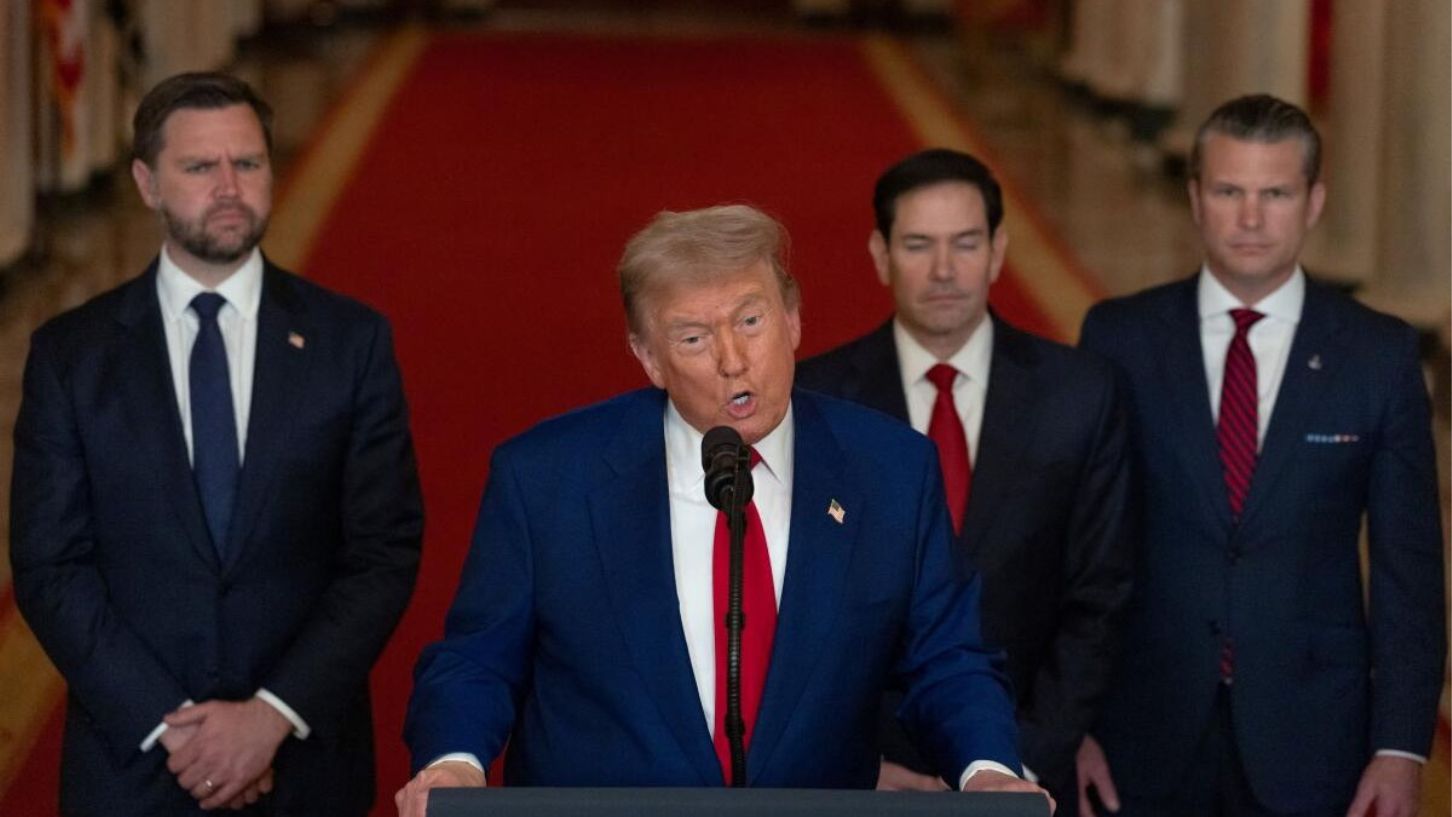Over the past decade, Russia’s LGBTQ community has faced an escalating battle against discrimination and prejudice. This struggle reached a tragic climax when Russian President Vladimir Putin signed a law banning gender-affirming procedures and any medical interventions aimed at changing a person’s sex. This legislation, which was unanimously enacted by both chambers of parliament, also makes changing one’s gender in official documents and public records illegal.
In addition, the law annuls marriages in which one person has transitioned and restricts transgender individuals from becoming foster or adoptive parents. These measures have been justified by the Kremlin as an effort to protect Russia’s “traditional values” and combat what they perceive as “Western anti-family ideology.” However, such actions are a severe blow to human rights and the fundamental principles of equality, respect, and freedom for all individuals.
Historical Context: A Decade of Discrimination
The Russian government’s crackdown on LGBTQ rights began approximately ten years ago when President Putin declared a focus on “traditional family values” with unwavering support from the Russian Orthodox Church. This alliance laid the foundation for a series of discriminatory measures aimed at marginalizing the LGBTQ community. Starting with the infamous “gay propaganda law” in 2013, which banned the promotion of non-traditional sexual relationships to minors, the Russian government gradually intensified its assault on LGBTQ rights.
As time passed, the situation worsened, and LGBTQ individuals faced increasing hostility, discrimination, and violence. Hate crimes against members of the community skyrocketed, and the government turned a blind eye to these acts of hatred. Instead of fostering an inclusive and compassionate society, Russia’s leadership chose to further stigmatize and marginalize the LGBTQ community.
The Ban on Gender-Affirming Procedures: A Regressive Step
The recent legislation banning gender-affirming procedures marks a significant regression in the fight for LGBTQ rights in Russia. By criminalizing medical interventions aimed at helping individuals transition, the government is directly targeting the health and well-being of transgender people. Such interventions are essential for transgender individuals who experience gender dysphoria, a recognized medical condition that causes distress due to a mismatch between one’s gender identity and sex assigned at birth.
Without access to appropriate medical care and support, transgender individuals may experience severe psychological distress, leading to increased rates of depression, anxiety, and even suicide. By denying them the right to affirm their gender identity, Russia’s government is exacerbating the already challenging struggles faced by the LGBTQ community.
Violations of Human Rights and Dignity
The ban on gender-affirming procedures is a blatant violation of fundamental human rights, including the right to life, liberty, and security of person, as enshrined in the Universal Declaration of Human Rights. Moreover, the law directly contradicts the principles of the World Health Organization (WHO) and other international human rights bodies that recognize the importance of providing appropriate healthcare to transgender individuals.
Furthermore, the annulment of marriages in which one person has transitioned is a gross violation of individuals’ right to family life and autonomy over their bodies. Love and commitment should not be constrained by arbitrary legal definitions of gender. By voiding such marriages, the Russian government is perpetuating discrimination and causing immense emotional distress to couples who have already endured significant societal challenges.
Barring transgender people from becoming foster or adoptive parents is equally unjust. Parental ability should be evaluated based on a person’s capacity to provide a safe and nurturing environment for a child, regardless of gender identity. This discriminatory policy denies loving families the opportunity to offer children a stable and caring home, solely based on prejudices.
The Kremlin’s Quest to Preserve “Traditional Values”
The government’s justification for these oppressive measures revolves around preserving Russia’s so-called “traditional values.” This argument is flawed as it ignores the diversity inherent in any society and rejects the principle of respect for individual rights and dignity. Framing the legislation as a defense against “Western anti-family ideology” perpetuates the false narrative that LGBTQ rights are incompatible with preserving cultural heritage and family values.
In reality, the denial of LGBTQ rights only exacerbates divisions within society and fosters a climate of intolerance and fear. It alienates the very individuals who are part of Russia’s diverse fabric, contributing to the richness of its culture and history.
Conclusion: A Call for Equality and Acceptance
Russia’s ban on gender-affirming procedures is not only a blow to the LGBTQ community but also a regressive step for humanity. Denying people the right to affirm their gender identity and punishing them for who they are goes against the very principles of human rights and dignity. True progress and strength as a society lie in accepting and respecting all individuals, regardless of their sexual orientation or gender identity.
As concerned global citizens, we must stand in solidarity with the LGBTQ community in Russia and advocate for their rights. Governments, international organizations, and individuals alike must pressure the Russian leadership to overturn these discriminatory laws and promote inclusivity, compassion, and understanding.
It is through acceptance and embracing diversity that societies thrive and grow stronger. By recognizing the inherent dignity and worth of every individual, we can build a more just and equitable world for everyone, irrespective of who they love or how they identify. The fight for LGBTQ rights in Russia must continue, and together, we can strive for a more inclusive and compassionate future.
keep visiting The World News.



